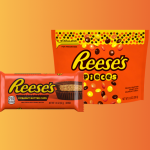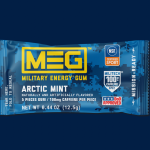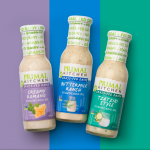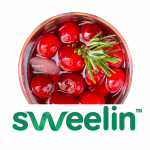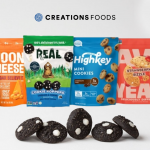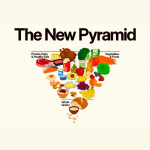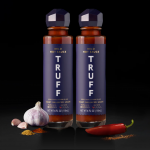General Mills Talks Yoplait Sale, Pandemic-Driven Shopping Habits on Earnings Call
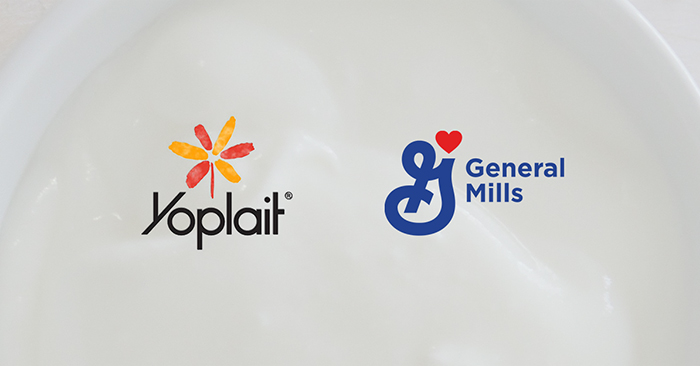
During its fiscal third quarter earnings call today, General Mills reported a continued focus on its “Accelerate” strategy, a growth model that includes brand building, innovating, scaling and being a “force for good.” The company also discussed changes to its Yoplait operations and financial structure and offered a look at how pandemic-driven consumer habits have continued to impact sales across several categories and channels.
The company announced yesterday that it had entered into an agreement to sell its 51% stake in Yoplait S.A.S., the yogurt brand’s European unit, to French dairy cooperative Sodiaal, the original creator of the Yoplait brand. In exchange, General Mills will receive full ownership of Yoplait’s Canadian business, acquiring Sodiaal’s 49% stake in Yoplait Canada Holding Co., making the subsidiary wholly owned by General Mills. General Mills will also receive a royalty-free license for sales of the Yoplait and Liberté brands in the U.S. and Canada. The deal is expected to close by the end of the calendar year.
Once the transaction is completed, General Mills will have full ownership of yogurt operations in the U.S. and Canada, distributing Yoplait and Liberté products in both countries royalty-free. The U.S. and Canadian yogurt operations generated $1.4 billion in net sales in fiscal 2020. The Liberté brand accounts for 60% of the company’s yogurt business in Canada, though Jonathan J. Nudi, group president of North America Retail, said the brand has not seen as much success in the U.S. market as Yoplait.
General Mills acquired a 51% stake in Yoplait S.A.S. in 2011, with the remaining ownership stakes held by Sodiaal. Net sales for Yoplait S.A.S., which includes assets in France and the U.K. along with other markets, totaled $740 million in fiscal 2020.
In a press release announcing the deal, Dana McNabb, group president of General Mills’ Europe & Australia segment, said the transaction will allow the company to focus on categories it believes have the greatest growth potential, including super-premium ice cream, snack bars and Mexican food. General Mills chairman and CEO Jeff Harmening said the move was aimed at “further reshaping our portfolio to drive profitable growth for the long term.”
“This transaction improves our growth profile, enhances our margins, and creates value for our shareholders,” he said. “Additionally, it increases our focus on the brand platforms that have the greatest growth potential.”
Turning to discussion of its fiscal third quarter results, the company reported its net sales were up 8% to $4.5 billion for the quarter. Over the past three quarters, the company has held or grown shares in six of its eight core markets, Harmening said. For Q3, U.S. Meals & Baking saw 15% net sales growth, while U.S. Cereal generated 9% sales growth, reflecting the continued trend of increased at-home eating during the pandemic, CFO Kofi Bruce noted. U.S. Snacks sales were down 3%. Organic net sales in the convenience and foodservice segments saw a 10% organic net sales decline as a result of reduced away-from-home earning occasions amid the pandemic.
In the third quarter, General Mills continued to invest in its ecommerce capabilities, and has seen triple digit growth in this channel over the past nine months, Harmening said.
Looking ahead, Kofi said the company anticipates fourth quarter net sales to be below last year’s 21% growth, which was largely driven by consumer stock-up at the onset of the pandemic. Still, Harmening said the company expects at-home food demand in fiscal Q4 to remain higher than pre-pandemic levels, saying that the company is “confident the consumer behaviors aren’t changing as quickly as some would think.”
Over the next quarter, the company anticipates a gradual sales increase in the bar category, which saw double digit declines over the last year as a result of reduced on-the-go eating occasions during the pandemic, Harmening said. The bar category is one the company, which owns bar brands such as Larabar, Nature Valley and Fiber One, has struggled in over the past few years, Nudi said. Despite this, he said the company has begun to see growth in total bar share, led by Nature Valley, which recently rolled out a recyclable wrapper.
For the remainder of the fiscal year, Harmening said the company will remain focused on three priorities: competing effectively in all categories and channels, fueling investments in brands and capabilities and increasing financial flexibility.
“We’ve made good progress against each of those priorities in the third quarter and remain on track to achieve them for the full year,” he said.
